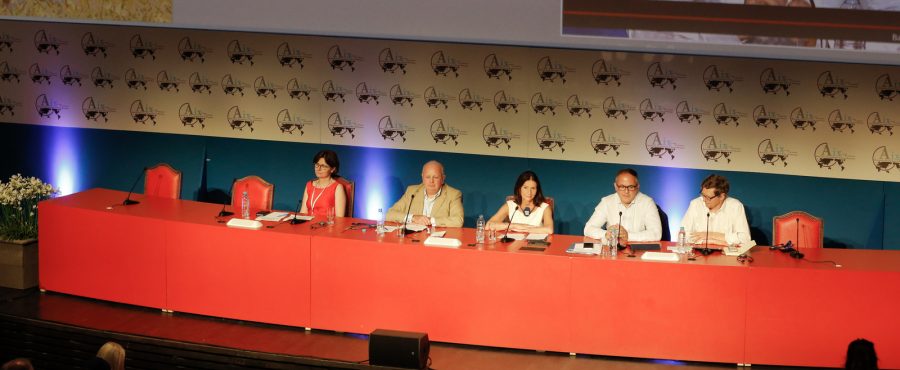9 Jul 2017
The European Union And The Lure Of Exit
Session 29

Grexit, Brexit, Frexit, Nexit… Europeans have added quite a few strange words to their vocabulary in recent months. These neologisms conceal a deeply-rooted malaise.
The EU currently finds itself caught between its unkept promises of growth and Member States’ inability to take care of those left behind. By pursuing the integration of the services markets, which today make up most of European business activity, the EU could deliver substantial gains in productivity and income similar to those achieved in the 1970s. However, these gains depend on a process of job creation and destruction that will produce both “winners” and “losers”. Without an effective mechanism in place to support those losing out – upstream via education and training, and downstream through redistribution– European populations will reject any attempts to continue the economic integration movement. Reciprocally, slowing productivity reduces States’ available resources to invest in training and provide more generous redistribution. The EU must move forward with a solid, two-pillar approach: market integration combined with actions to reduce inequality.
Redistribution between “winners” and “losers”, which occurs through tax and social transfer systems, falls within the responsibility of Members States for the most part. The main priority is to maintain States’ ability to intervene, which implies enhanced coordination between Member States in the areas of tax and social welfare: increased market competition must go hand-in-hand with reduced competition between States.
However, the seriousness of the situation raises the question of whether there should be European intervention with regard to supporting the integration “losers”, given that the EU is responsible for this internal and external integration (through the signature of trade agreements with other regions in the world). This could, for example, take place through reforms to the European Globalisation Adjustment Fund, which has proved inadequate for the task.
Although exiting the euro would imply an exit from the EU in line with the treaty (the euro is part of the Community acquis), curiously, the euro debate is developing separately. It brings up the general question of monetary sovereignty in a world of free capital movements and in a part of the world that has never experienced free floating currencies.
How should the European project be reconsidered? What place does each decision-making level have? Do fiscal rules need to be redefined, by possibly renationalising them, as it is the case in the United States? Does its very nature doom the coordination of economic policy from the outset? Should new budget tools be introduced? If so, what form of democratic governance would be appropriate?




















































































